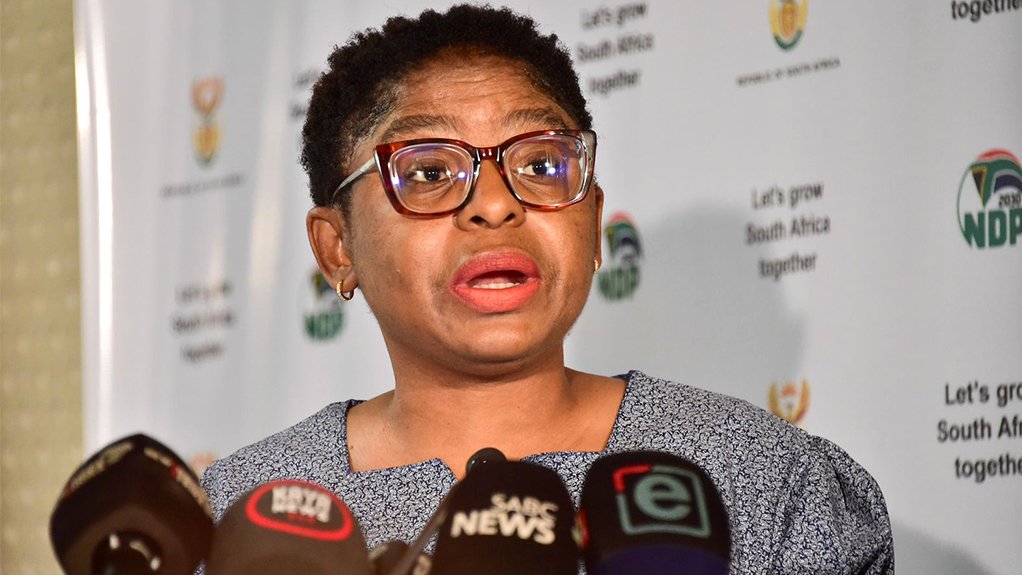Cabinet approved the publication of the long-awaited Gas Master Plan for public comment during what was the last formal meeting of the executive ahead of the May 29 election. However, Minister in The Presidency Khumbudzo Ntshavheni indicated that special Cabinet meetings could still be convened should the need arise.
The master plan, Ntshavheni said, was supportive of government’s commitment to diversifying the country’s energy mix away from coal-fired power plants.
She added that the document would be used as a policy instrument to guide gas investment in the country, which currently imports gas through a pipeline from southern Mozambique, from fields where production is set to taper before the end of the decade.
“The master plan will enable a natural gas economy that is favourable to investors and can provide an alternative source of energy for the country’s electricity sector.”
The Gas Master Plan has been published amid warnings of a “gas cliff” for industrial consumers in Gauteng and KwaZulu-Natal from mid-2026, at which date Sasol will divert the remaining gas imports from its wells in Mozambique towards its own facilities in Secunda and Sasolburg to help reduce its use of coal and, thus, its carbon emissions.
Several industrial consumers have accepted the need to switch to far more expensive imported liquefied natural gas (LNG), but are warning of a timing mismatch between Sasol’s deadline and the prospect of constructing the import and regasification infrastructure required for LNG.
They have also indicated that their combined 50 PJ/y demand is insufficient on its own to trigger the construction of a terminal in Maputo and the associated pipeline infrastructure that will be required. They are therefore calling for firm commitments to be made from South Africa’s nascent gas-to-power (GtP) industry to provide the demand underpin required.
However, critics are cautioning against South Africa making commitments to operate the GtP plants at high capacity factors, arguing that such a move could result in elevated electricity prices for decades.
Mineral Resources and Energy Minister Gwede Mantashe recently acknowledged these growing security of supply concerns and confirmed that a task team had been set up together with the Department of Trade, Industry and Competition to work with industry on possible solutions.
At the same time, he reported that his department had completed all the modelling and drafting work required for the release of the Gas Master Plan.
Ntshavheni was unable to confirm whether public hearings on the plan would be held, saying only that the Department of Mineral Resources and Energy would manage the process and that public comments would be considered before the final plan was approved.
EMAIL THIS ARTICLE SAVE THIS ARTICLE ARTICLE ENQUIRY
To subscribe email subscriptions@creamermedia.co.za or click here
To advertise email advertising@creamermedia.co.za or click here











